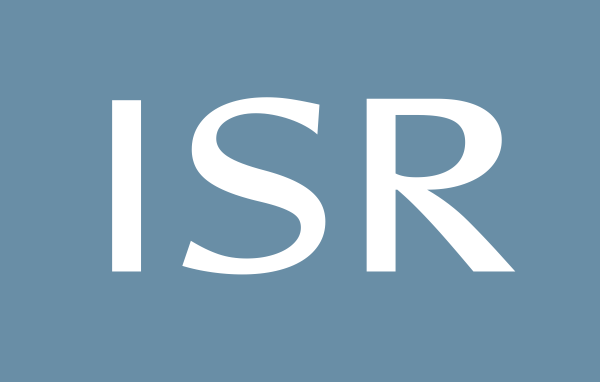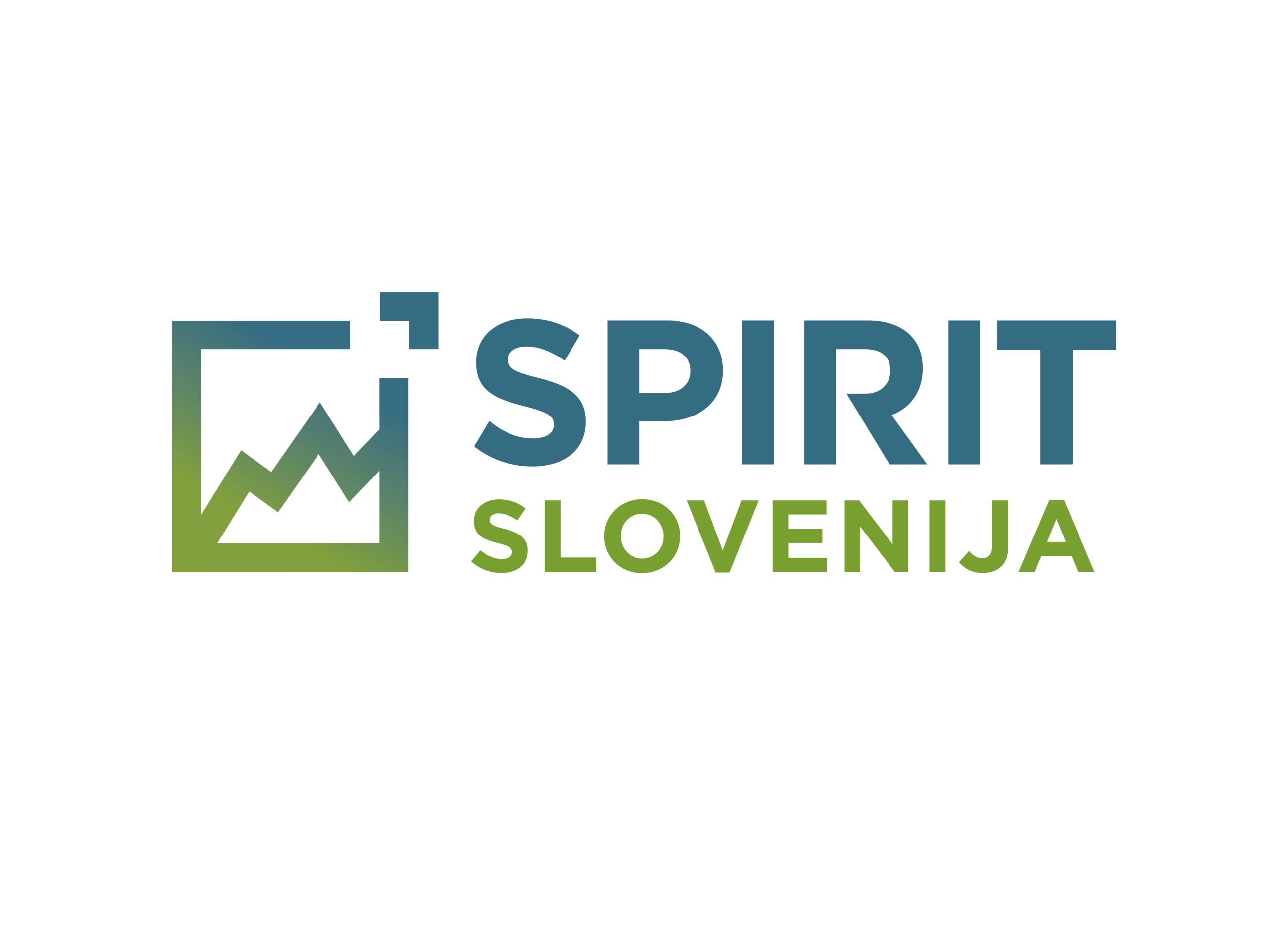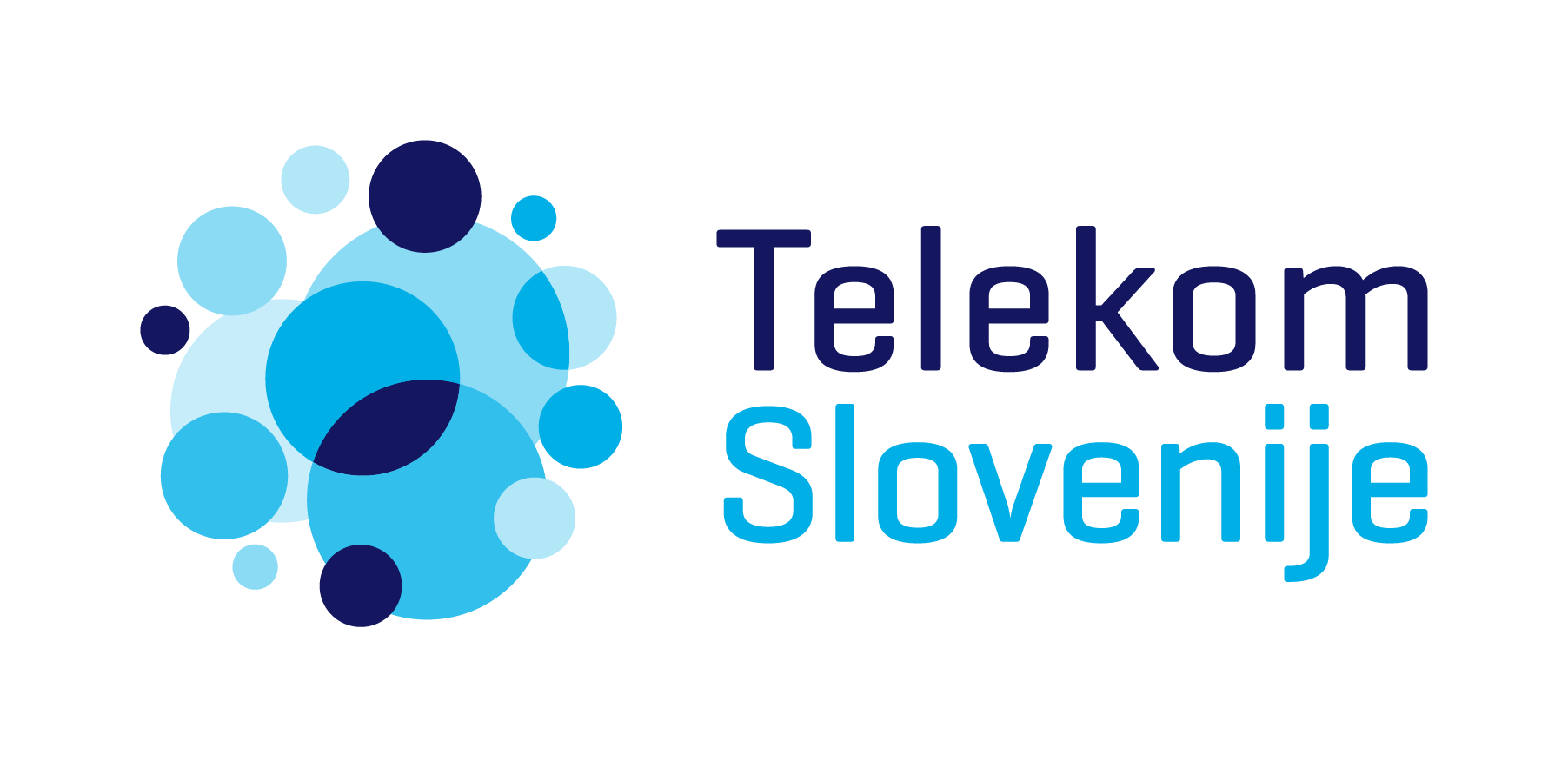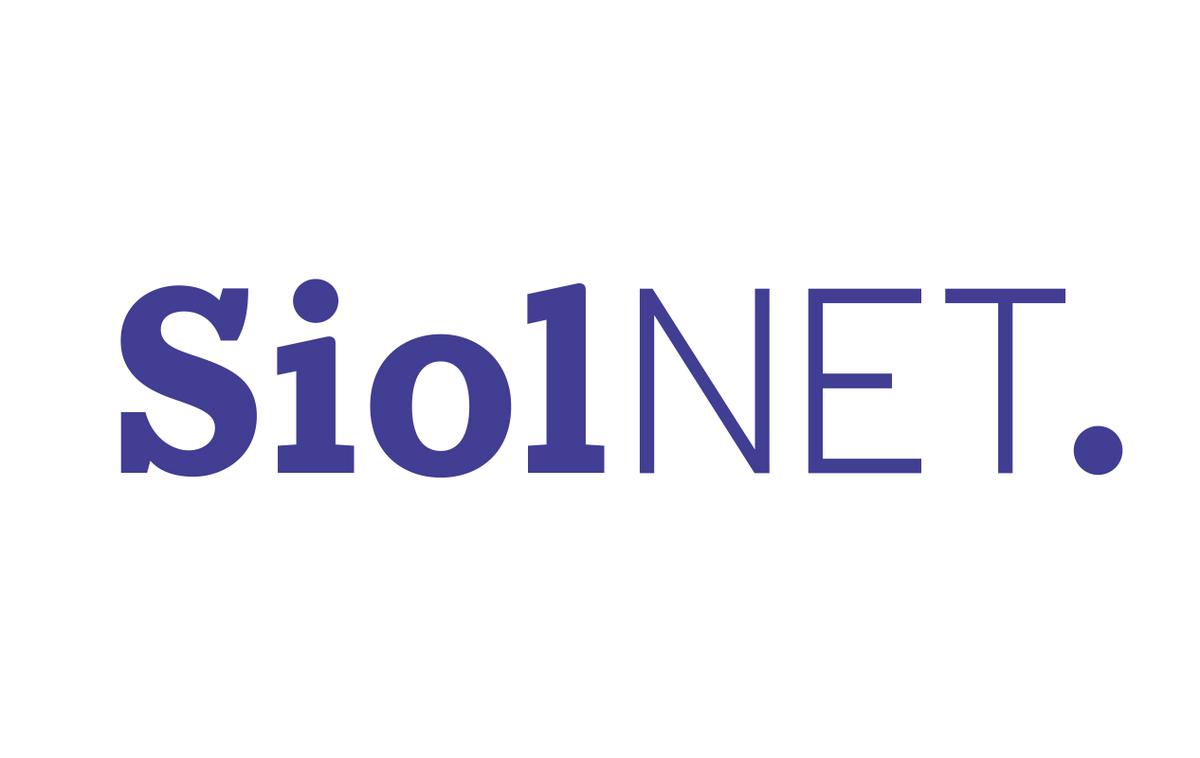Slovenia – Albania Business Forum
The Institute for Strategic Solutions (ISR), in collaboration with SPIRIT Slovenia and the Embassy of the Republic of Slovenia in Tirana, is organizing the Slovenian-Albanian Business Forum on 5 February 2026 in Tirana, Albania, at the Tirana Innovation Hub (Bulevardi Dëshmorët e Kombit 5, Tirana).
The Albania–Slovenia Business Forum will bring together key decision-makers, leading business representatives, and institutions from Slovenia and Albania with the aim of strengthening economic cooperation and opening new business opportunities within the common European market. The forum will be held in English.
PROGRAMME
9:00 – 9:30
Arrival and registration of participants
9:30 – 9:40
A Vision for Cooperation: Why Now is the Right Time
• Jakob Štunf, Ambassador, Embassy of the Republic of Slovenia in Tirana
• Tine Kračun, CEO, Institute for Strategic Solutions
9:40 – 9:50
Opening Remarks
• Jure Stojan, Partner and Director of Research and Development, ISR
9:50 – 10:00
Albania: Reforms, Ambitions, and Open Doors for Partners
• Delina Ibrahimaj, Minister of Economy and Innovation of Albania (TBC)
10:00 – 10:05
A formal ceremony for the signing and exchange of bilateral documents
10:05 – 10:20
Inside the Albanian Market: Growth, Key Sectors, and Opportunities
• Laura Saro, CEO, AIDA
10:20 – 10:35
Innovative, Export-Driven, Connected: Slovenia’s Economy in the Region
• Mag. Nataša Kos, Deputy Director, SPIRIT Slovenia
10:35 – 12:00 EU Market at Our Doorstep – Opportunities for Slovenian – Albanian Business Cooperation
Stronger Together: Unlocking the 500-million European Market
• Blaž Brodnjak, CEO, NLB
• Tedo Djekanović, Executive Director of Subsidiary Management Division, Triglav Group
• Arben Shkodra, Secretary General at Albanian National Economic Council
• Alban Zusi, Co-Founder & Group President, AZ Group
When Markets Converge: Turning Challenges into Opportunities
• Samo Kastelic, Management Board Member, Intereuropa
• Sergej Simoniti, branch director Coface Slovenia and Adriatic countries manager, Coface Adriatic
• Erik Akse, Impact Assessment Institute
• Adrian Shehu, CEO, TCN
• Dr. Aleš Ugovšek, CEO, M Sora
Moderator: Saviola Shahollari, CEO, Perutnina Ptuj Albania, MBA IEDC
12:00
Lunch and networking
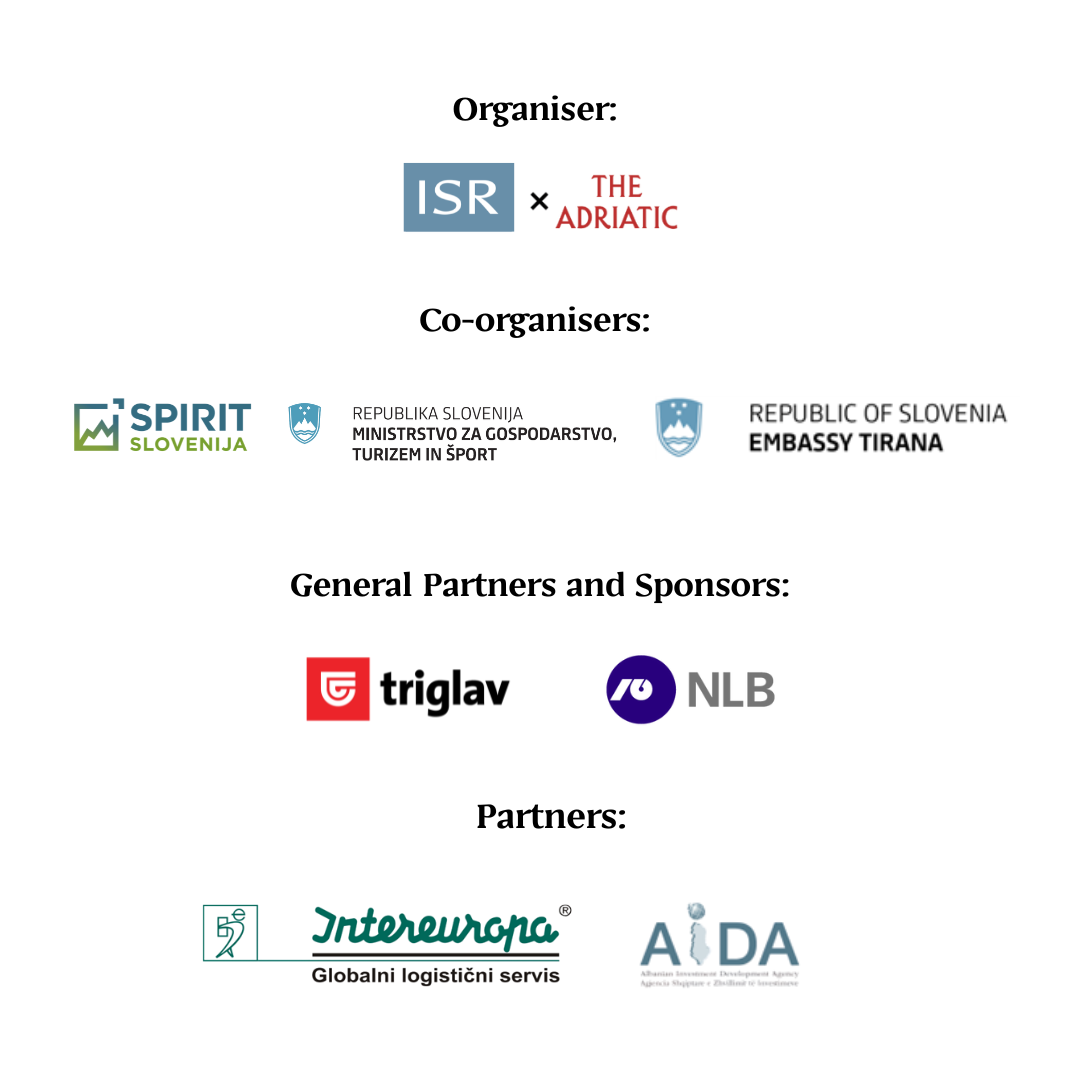
Slovensko-albanski poslovni forum
Inštitut za strateške rešitve (ISR) v sodelovanju s SPIRIT Slovenija in Veleposlaništvo Republike Slovenije v Tirani pripravlja slovensko-albanski poslovni forum, 5. februarja 2026 v Tirani, Albaniji v prostorih Tirana Innovation Hub (Bulevardi Dëshmorët e Kombit 5, Tirana).
Slovensko-albanski poslovni forum je namenjen poglobitvi gospodarskega sodelovanja med Slovenijo in Albanijo ter odpiranju novih poslovnih priložnosti v okviru skupnega evropskega in širšega regionalnega prostora. Dogodek bo povezal predstavnike gospodarstva, institucij in odločevalce obeh držav ter ustvaril prostor za strateški dialog o prihodnjih oblikah sodelovanja. Forum bo potekal v angleškem jeziku.
PROGRAM
9:00 – 9:30
Prihod in registracija udeležencev
9:30 – 9:40
Vizija sodelovanja: zakaj je zdaj pravi trenutek
• Jakob Štunf, veleposlanik, Veleposlaništvo Republike Slovenije v Tirani
• Tine Kračun, direktor, Inštitut za strateške rešitve
9:40 – 9:50
Uvodni nastop
• Jure Stojan, partner in direktor raziskav in razvoja, ISR
9:50 – 10:00
Albanija: Reforme, ambicije in odprta vrata novim partnerstvom
• Delina Ibrahimaj, ministrica za gospodarstvo in inovacije v Albaniji (TBC)
10:00 – 10:05
Slovesni podpis in izmenjava bilateralnih dokumentov
10:05 – 10:20
Albanski trg od znotraj: rast, panoge in priložnosti
• Laura Saro, direktorica, AIDA
10:20 – 10:35
Inovativno, izvozno, povezano: slovensko gospodarstvo v regiji
• Mag. Nataša Kos, namestnica direktorice, SPIRIT Slovenija
10:35 – 12:00 Panel: EU trg na dosegu roke: nove priložnosti slovensko-albanskega sodelovanja
Skupaj smo močnejši: Kako izkoristiti 500-milijonski evropski trg
• Blaž Brodnjak, predsednik uprave, NLB
• Tedo Djekanović, izvršni direktor področja Upravljanje odvisnih družb Skupine Triglav, Zavarovalnica Triglav
• Arben Shkodra, generalni sekretar albanskega nacionalnega gospodarskega sveta
• Alban Zusi, soustanovitelj in predsednik skupine, Skupina AZ
Ko se trgi srečajo: Kako izzive spremeniti v priložnosti
• Samo Kastelic, član uprave, Intereuropa
• Sergej Simoniti, direktor podružnice Coface Slovenija in vodja področja Adriatic, Coface Adriatic
• Erik Akse, Inštitut za oceno vpliva
• Adrian Shehu, direktor, TCN
• dr. Aleš Ugovšek, direktor, M Sora
Moderator: Saviola Shahollari, direktorica, Perutnina Ptuj Albanija, MBA IEDC
12:00
Kosilo in druženje
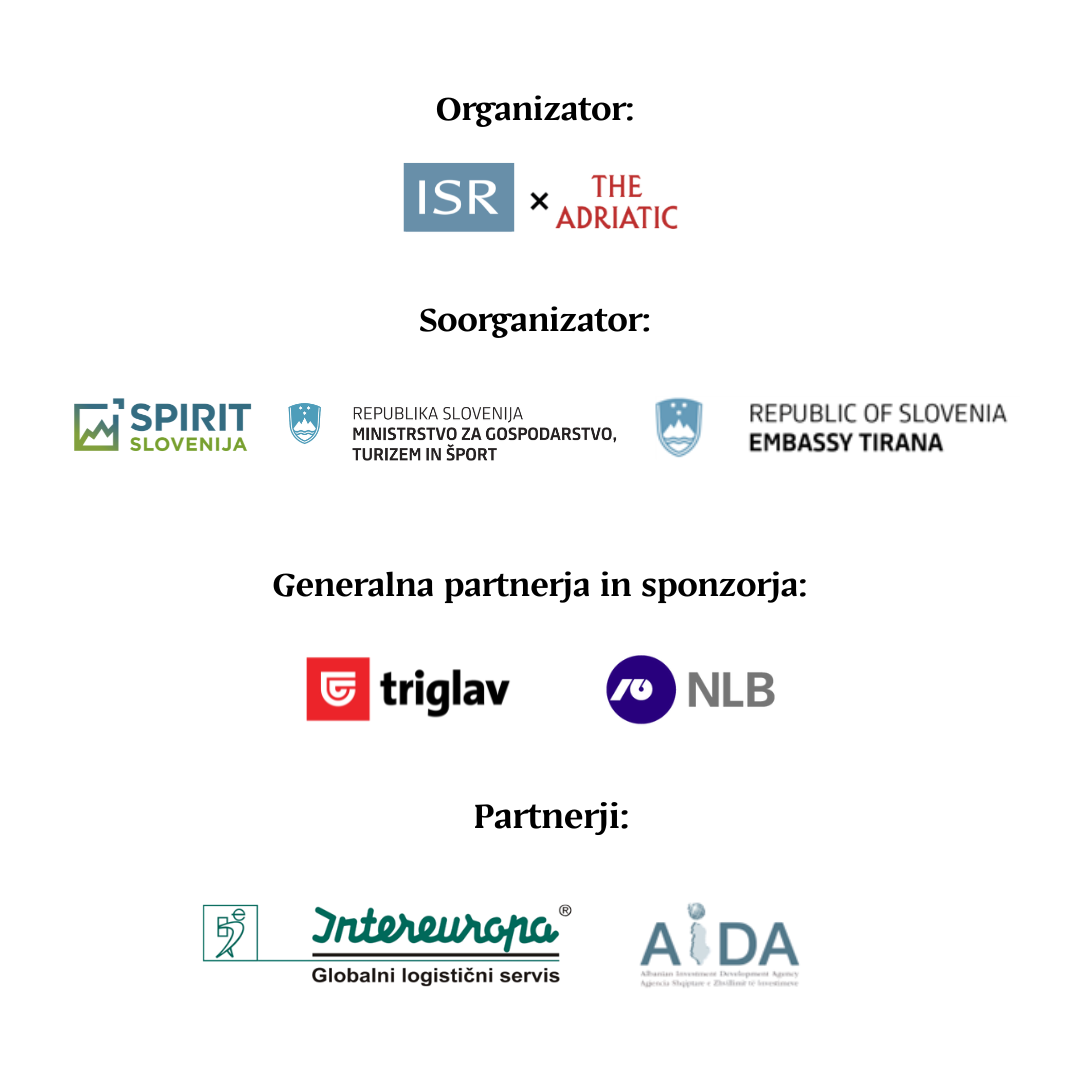
Kreativna inteligenca: Pametna raba pametnih strojev
Revija The Adriatic: Strategic Foresight 2026 bo januarja izšla že štirinajstič, kar bomo na ISR obeležili s tradicionalnim letnim dogodkom. Na njem bomo osvetlili aktualna vprašanja gospodarskega in družbenega sodelovanja v regiji Adriatik, razmišljali o regionalnem povezovanju in izpostavili izzive, ki čakajo regijo danes in v prihodnjih letih. Pozornost bomo namenili vlogi kreativnosti in novih tehnologij in gospodarskemu povezovanju regije Adriatik.
Dogodek organiziramo že enajsto leto zapored in ponosni smo, da se udeležba in zanimanje vsako leto povečujeta. Srečanja se udeležujejo vodilni gospodarstveniki ter predstavniki ministrstev. Posebej pa nas veseli, da se nam pridružujejo tisti, ki izkazujejo aktiven interes za regijo Zahodnega Balkana ter spremljajo politično, gospodarsko in finančno dogajanje, ter jih zanima svež pogled na regionalne in družbene izzive.
Že dolgo vemo, da inteligenca ni ena sama – obstajajo prostorska, številčna in besedna inteligenca, nekateri pa dodajajo tudi čustveno. Mi pa pravimo: ne pozabite na kreativno inteligenco. To je sposobnost pametne uporabe pametnih strojev, ki postajajo vedno večji del našega vsakdana.
To bo tudi osrednja tema letnega tradicionalnega dogodka, ki ima prav poseben povod – izid že 14. številke revije The Adriatic: Strategic Foresight. Vabimo vas, da novo leto začnete skupaj z nami. Z razmislekom, pogledom naprej in dialogom, ki odpira nove možnosti. Veseli bomo, če se nam boste v torek, 6. januarja, od 12. do 14. ure pridružili v Mestnem muzeju Ljubljana (Gosposka ulica 15, Ljubljana).
PROGRAM
12.00 – 12.05 Uvodni pozdrav
- Tine Kračun, direktor, ISR
12:05 – 12:20 Uvodni govor
- Dr. Jure Stojan, partner in direktor raziskav in razvoja, ISR
- Ciril Horjak, ilustrator in stripar
12:20 – 13:30 Pametno o prihodnosti
Moderator: Nejc Krevs, novinar
Poti prihodnosti
- Tamara Zajec Balažič, direktorica, SPIRIT Slovenija
- Ivana Vrviščar, članica poslovodstva, Pošta Slovenije
Kapital prihodnosti
- Andrej Lasič, član uprave, NLB
- Uroš Ivanc, član uprave, Zavarovalnica Triglav
Viri prihodnost
- Dr. Tomaž Vuk, predsednik uprave, Alpacem Cement d.d.
- Franc Dover, direktor, Pannonia Bio Gas
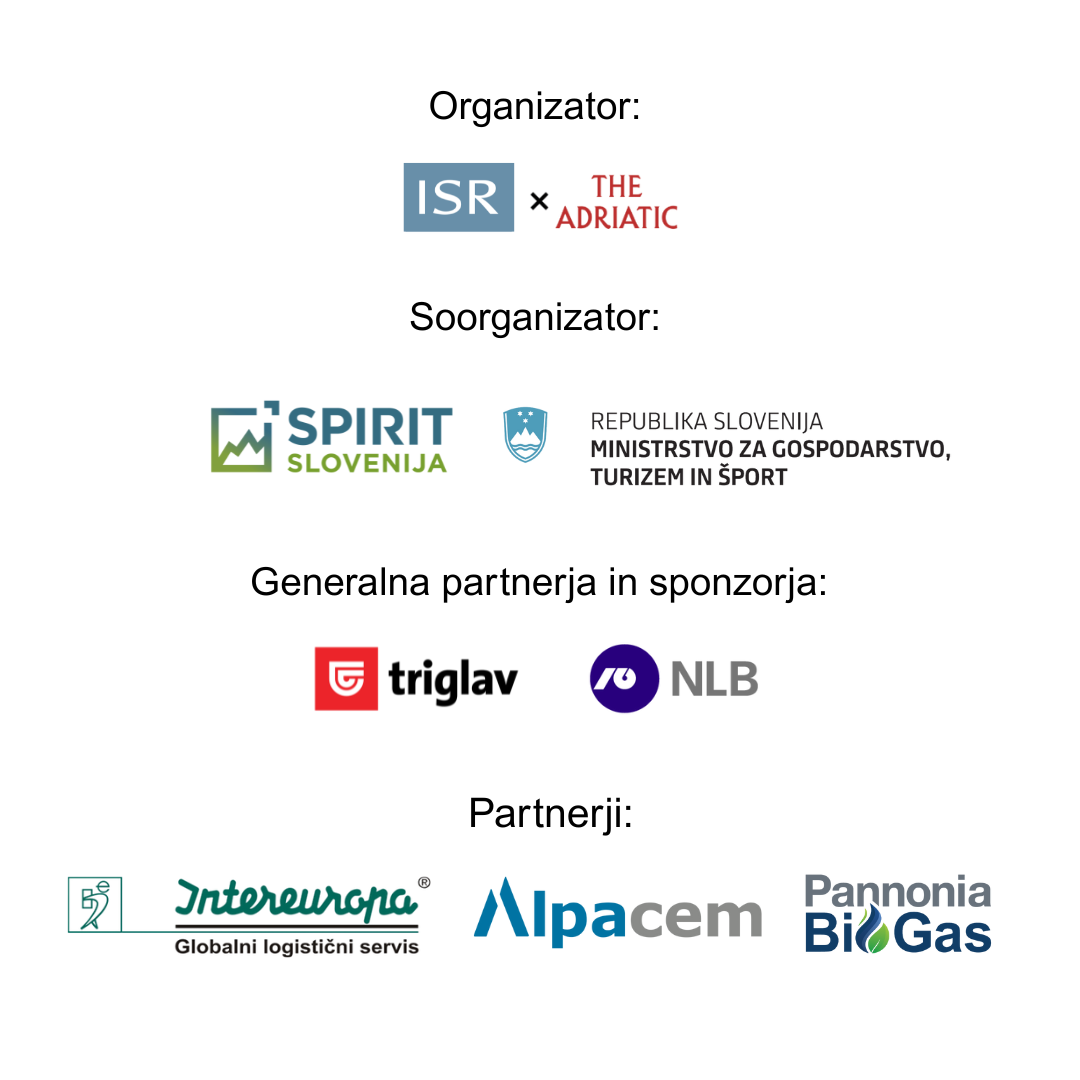
Napaka 404: Resnica ne obstaja
V času, ko generativna umetna inteligenca preoblikuje naš odnos do resnice in avtoritete, se postavlja temeljno vprašanje: ali smo kot posamezniki in družba še sposobni razlikovati med informacijami in dezinformacijam? Tehnologije, ki lahko prepričljivo posnemajo glas, obraz in slog pisanja, vse bolj brišejo mejo med resničnim in umetnim. Ko imamo možnost poustvariti verodostojnost, je bistveno, da okrepimo družbeno odpornost – tako na kognitivni kot na institucionalni in informacijski ravni.
Futuristični forum Napaka 404: Resnica ne obstaja, ki bo potekal v četrtek, 20. novembra, ob 14. uri v Triglav Labu na Dunajski cesti v Ljubljani, odpira razpravo o tem, kako ohranjati zaupanje in pregled nad resničnostjo v svetu, kjer se podatki, manipulacija in percepcija vse bolj prepletajo. Izhajamo iz spoznanja, da tehnološki razvoj ustvarja vrzeli, ki jih ni mogoče zapolniti zgolj s tehničnimi odločitvami, ampak potrebujemo tudi družbene odločitve.
Vabimo vas, da se nam pridružite na razpravi o prihodnosti resnice, odpornost in zaupanja v dobi generativne umetne inteligence.
Prijavite se lahko na povezavi tukaj.
Dodajte forum v svoj koledar in si shranite termin.
PROGRAM
14.00 Sprejem udeležencev
14.05 – 14.15 Izvorna koda
- Jure Stojan, partner ter direktor raziskav in razvoja, ISR
14.15 – 14.20 Požarni zid
- Ksenija Klampfer, ministrica, Ministrstvo za digitalno preobrazbo RS
14.20 – 14.35 Kognitivna odpornost: Med resnico in simulacijo
- Andraž Bole, futurist in raziskovalec
14.35 – 14.50 Algoritem: orodje za redefinicijo družbenega konsenza
- Marko Grobelnik, vodja programskega odbora, Laboratorij za umetno inteligenco, Inštitut Jožef Stefan
14.50 – 15.20 Projiciranje stališč (10 minutna predstavitve)
- Maja Javoršek, Direktorica Skladnosti poslovanja, Zavarovalnica Triglav
- Dalibor Vukovič, strateški vodja za kibernetsko varnostne rešitve, Telekom Slovenije
15.20 – 15.50 Omrežje razpršenih idej
- Franc Bračun, pomočnik uprave NLB, pristojen za področje podatkov in umetne inteligence, NLB
- Dalibor Vukovič, strateški vodja za kibernetsko varnostne rešitve, Telekom Slovenije
- Maja Javoršek, Direktorica Skladnosti poslovanja, Zavarovalnica Triglav
- Slavko Ovčina, direktor IKT-rešitve, Pošta Slovenije
Moderator: Andraž Bole, futurist in raziskovalec in Barbara Matijašič, MBA, direktorica projektov, ISR
16.00 Zaključek in pogostitev
PARTNERJI PROJEKTA
Odprti poziv: Akt o digitalnih trgih za potrošnike
Zakon o digitalnih trgih (DMA) je bil uveden kot prelomni del zakonodaje EU, ki naj bi spremenil način, kako potrošniki komunicirajo ali sodelujejo z velikimi spletnimi platformami. Z omejevanjem moči tako imenovanih vratarjev si je Bruselj prizadeval spodbuditi večjo konkurenco, izboljšati varstvo zasebnosti in narediti digitalne storitve dostopnejše.
Vendar pa se je realnost v EU, zlasti v državah članicah srednje in vzhodne Evrope (CEE), dve leti po začetku njegove uporabe izkazala za veliko bolj streznjujočo. Potrošniki so opazili le malo dokazov o cenejših ali izboljšanih digitalnih storitvah. Mnogi poročajo o večjih trenjih v svoji spletni izkušnji, medtem ko zaupanje v zasebnost platform ostaja nizko.
Najbolj presenetljivo je, da se vedenje potrošnikov samo po sebi skoraj ni spremenilo: še vedno prevladuje odvisnost od peščice prevladujočih akterjev, kot so Google, Meta in Apple. DMA, čeprav ambiciozen po obsegu, ni izpolnil svoje osrednje obljube o opolnomočenju evropskih digitalnih državljanov.
Nova študija Evropskega centra za mednarodno politično ekonomijo (ECIPE) in Evropskega partnerstva za javne politike (EPPP) ugotavlja, da mora Evropa bodisi razmisliti o zamenjavi DMA z bolj prilagodljivim izvrševanjem za vsak primer posebej bodisi ga vsaj reformirati z odpravo obveznosti, ki ne povečujejo blaginje potrošnikov niti ne izboljšujejo konkurenčnosti na trgu.
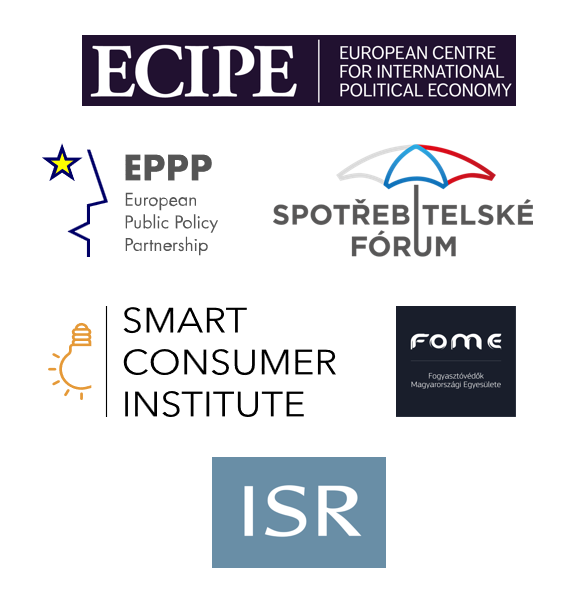
Open Call for the Digital Markets Act That Benefits Consumers
The Digital Markets Act (DMA) was introduced as a landmark piece of EU legislation to change how consumers interact or engage with large online platforms. By restraining the power of the so-called gatekeepers, Brussels aimed to promote greater competition, improve privacy protections and make digital services more affordable.
Two years into its application, however, the reality on the ground in the EU, especially for the Central and Eastern European (CEE) Member States, has proved far more sobering. Consumers have seen little evidence of cheaper or improved digital services. Many report greater friction in their online experience, while confidence and trust in platform privacy remains low.
Most strikingly, consumer behaviour itself has hardly shifted: reliance on a handful of dominant players such as Google, Meta, and Apple still prevails. The DMA, while ambitious in scope, has failed to deliver on its central promise of empowering Europe’s digital citizens.
New study by the European Centre for International Political Economy (ECIPE) and the European Public Policy Partnership (EPPP) concludes that Europe must either consider replacing the DMA with a more flexible case-by-case enforcement or, at the very least, reform it by removing obligations that neither enhance consumer welfare nor improve market contestability.
The primary aim of the study was to assess the lived experiences of consumers under the DMA, moving beyond policy theory and legal design to examine how end-users actually perceive and respond to regulatory changes. A total of 3,500 consumers were interviewed across seven CEE countries: Slovakia, Czechia, Hungary, Slovenia, Croatia, Latvia, and Lithuania, with 500 respondents per market.
Fundamental misalignment
The results highlight a fundamental misalignment between the European Commission’s ambitions and consumer realities. Promised gains in affordability have not materialised; instead, some measures have made services more cumbersome or less user-friendly. Privacy protections, far from empowering consumers, have often been monetised in ways that exclude the majority unwilling to pay.
Contestability, the cornerstone of the DMA, remains an aspiration rather than an observable reality, as network effects and ingrained habits keep consumers locked into dominant platforms. The law, in its current form, risks imposing costs without securing benefits: consumers tolerate more friction and fewer integrated features while still failing to see meaningful alternatives. If this trajectory continues, Europe risks repeating the mistakes of previous technology cycles, where regulation designed with good intentions inadvertently slowed innovation and limited consumer choice.
Sea of paradoxes
When we parse the details, several paradoxes become evident. More than half of consumers say they support strong rules for digital platforms, even if this slows the rollout of new features, yet 39% report needing more steps to complete tasks that were once simple, and about one-third find their digital experiences less seamless and more confusing since DMA-related changes.
Similarly, while 55% say they are more concerned about online privacy today, between 60 and 69% continue accepting extensive data collection in exchange for free services, and only a small single-digit minority are willing to pay for ad-free or privacy-enhanced subscriptions such as Meta’s paid plan – effectively turning privacy into a premium product rather than a universal safeguard.
The situation is no better for contestability: 70% of users rely on Google Search multiple times per day, more than 75% use Facebook daily, nearly half use no alternatives to Google or Meta services at all, and over 60% rely exclusively on LinkedIn for professional networking.
Finally, the regulation itself remains largely invisible to those it is meant to protect – around 80% of consumers are unfamiliar with the DMA, and many cannot link observed changes in their digital services to the regulation at all.
What’s next for European consumers?
Europe must act decisively. While our recommendations are based on evidence from the first two years of the DMA’s application, the findings are already robust enough to justify a thorough re-evaluation of the current regulatory approach. The first and most effective option is to repeal the DMA entirely and return to case-by-case competition enforcement, guided by evidence and grounded in consumer welfare. This would remove blanket rules that assume harm before it occurs, prevent rushed compliance measures that degrade service quality, and allow regulators to target demonstrable harms with proportionate and transparent remedies.
As a second-best solution we suggest targeted reform. Obligations that do not clearly enhance consumer welfare should be repealed or suspended. Interoperability requirements, marketplace access rules, and prohibitions on self-preferencing should only be enforced where robust safeguards exist for privacy, cybersecurity, product integrity, and liability. In practice, prohibiting self-preferencing has removed integrated features valued by consumers while delivering little measurable benefit to competition. Where neutrality mandates reduce service quality or convenience without creating viable alternatives, they should be suspended pending further impact assessment.
Both approaches serve as well-substantiated guidance for EU legislators, showing how digital regulation can be refocused on what truly matters: affordable services, seamless functionality, strong safety, and genuine competitive choice. Lawmakers now have the opportunity to move beyond measures that look effective on paper but fail in practice and take decisive steps to make the digital market work for all Europeans.
Signed,

Strateški posvet Preklop
Inštitut za strateške rešitve (ISR) vas vljudno vabi na strateški posvet Preklop, ki bo potekal v petek, 19. septembra 2025, med 11. in 14. uro v Vetrinjskem dvoru v Mariboru. Posvet pripravljajo v sodelovanju s SPIRIT Slovenija in Mestno Občino Maribor.
Evropski energetski prostor doživlja hitro preobrazbo. Zmanjševanje odvisnosti od fosilnih goriv in pospešen razvoj obnovljivih virov prinašata številne priložnosti, a hkrati tudi tveganja zaradi koncentriranih globalnih dobavnih verig.
Za Slovenijo je zeleni prehod nujen korak k podnebni nevtralnosti in hkrati priložnost, da izkoristi svoje prednosti – jedrsko infrastrukturo, stabilno omrežje in strokovno znanje. Vprašanje ni, ali lahko, ampak ali bomo znali zgraditi sistem, ki bo dovolj samozavesten, da bo kljuboval pritiskom in hkrati ponudil rešitve za prihodnost.
Posvet bo namenjen tudi pregledu izzivov in priložnosti pri vzpostavitvi naprav za termično obdelavo odpadkov v Sloveniji ter njihovemu pomenu za dolgoročno samozadostnost na področju ravnanja z odpadki. Razprava se bo osredotočila tudi na ključne izzive slovenske energetske slike in neizkoriščene potenciale domače proizvodnje, s poudarkom na:
- decentraliziranih in modularnih modelih energetske samozadostnosti,
- inovacijah za krepitev družbene odpornosti ter
- prispevku k trajnostni in odporni energetski prihodnosti.
PROGRAM
10.30 Sprejem udeležencev
11.00 Uvodni pozdrav
- Tine Kračun, ISR, direktor
- Saša Arsenovič, Mestna občina Maribor, župan
- Vid Habjan, SPIRIT Slovenija, vodja sektorja za spodbujanje investicij
Kaj bi o zeleni infrastrukturi povedale naše prababice?
11.15 – 11.30 Predstavitev
- Dr. Jure Stojan, ISR, partner ter direktor raziskav in razvoja
Odpadki brez meja: Lokalni preklop na novo energijo
11.30 – 11.40 Preklop na zeleno
- Jože Hebar, Energetika Maribor, direktor
11.40 – 12.15 Investicije v termično obdelavo odpadkov
- Jože Hebar, Energetika Maribor, direktor
- Dr. Tomaž Vuk, Alpacem, direktor
Moderatorka: Ana Grabnar Crnčec, RPPP, partner
Investicije v obnovljive vire
12.15 – 13.00 Okrogla miza
Uvod v okroglo mizo: Tomaž Orešič, Resalta, prokurist
- Mag. Damjan Seme, Dravske elektrarne Maribor, direktor
- Dr. Marko Rikato, Gen energija, vodja službe za združitve in prevzeme
- Peter Kumer, ENERTEC, direktor
Moderator: Tomaž Orešič, Resalta, prokurist
Lokalne rešitve za globalne pretrese
13.00 – 13.20 Pogovor
- Matevž Frangež, državni sekretar, Ministrstvo za gospodarstvo, turizem in šport
Pogovor vodi: Tine Kračun, ISR, direktor
13.30 dalje, pogostitev
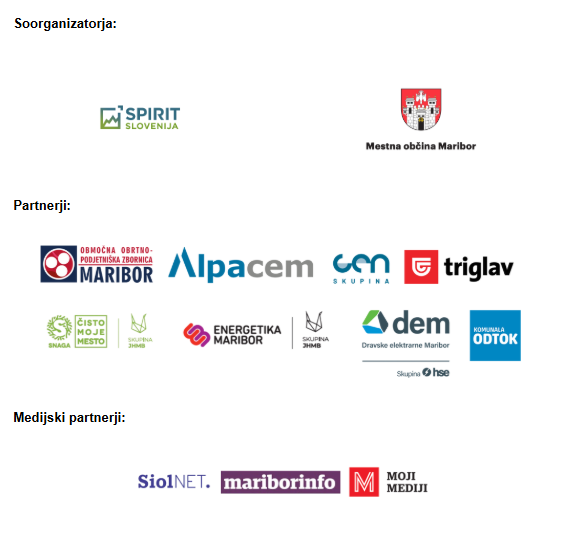
Finance under Geopolitical Pressure
The Institute for Strategic Solutions (ISR) invites you to join us on Wednesday, 16 July 2025 at 11:00, at the House of the European Union (Dunajska cesta 20, Ljubljana), for the event Finance under Geopolitical Pressure, where business leaders, experts, and policymakers will discuss the future of financial operations in a rapidly changing world.
In an era of increasing global uncertainty, issues of financial resilience, security, and strategic adaptability are becoming essential for ensuring a stable business environment in the future. We believe these topics deserve a thorough, well-argued discussion that can offer reflection and possible solutions.
Together, we will address some of the key challenges, including:
- The search for new markets,
- The protection of supply chains,
- Strengthening domestic consumption, and
- Finding a balance between openness and economic security.
The keynote guest of the event will be Mr. Klemen Boštjančič, Deputy Prime Minister and Minister of Finance.
In a central conversation moderated by Tine Kračun, Director of ISR, they will comment on current global dynamics, Slovenia’s role in the emerging international order, and present both the challenges and opportunities facing the Slovenian economy in the years ahead.
We warmly invite you to attend.
PROGRAM
10:30 Arrival
11:00 – 11:05 Opening speeches
- Tine Kračun, CEO, ISR
- Dr Jerneja Jug, Head of the European Commission Representation in Slovenia
11:05 – 11:15 Keynote Introduction
- Dr Jure Stojan, Partner and CEO of Research and Development, ISR
11:15 – 11:45 Key conversation
- Klemen Boštjančič, Deputy Prime Minister and Minister of Finance
Moderator: Tine Kračun, CEO, ISR
11:45 – 12:30 Leaders of a New Era: Wars, Tariffs, and (In)secure Supply Chains
- Andrej Lasič, Member of the Management Board, NLB
- Sergej Simoniti, CEO, Coface
- Ivana Vrviščar, Member of the Management Board, Pošta Slovenije
Moderator: Tine Kračun, CEO, ISR
12:30 Networking
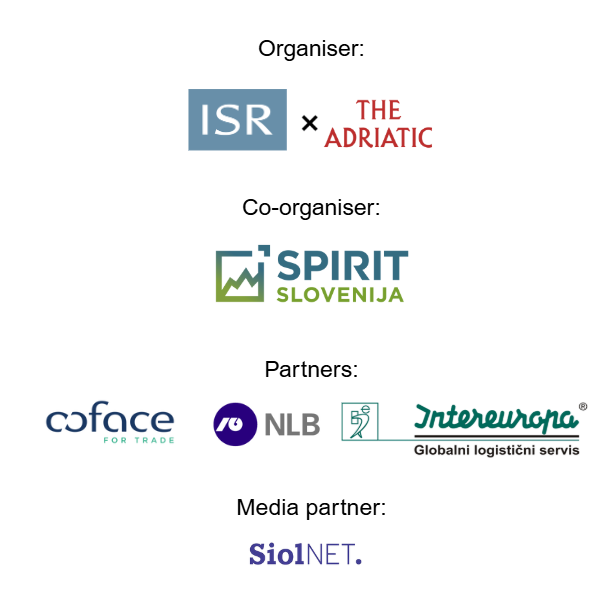
Finance v primežu geopolitke
V času vse večjih globalnih negotovosti postajajo vprašanja finančne odpornosti, varnosti in strateške prilagodljivosti ključna za stabilno prihodnost poslovnega okolja. Prepričani smo, da si te teme zaslužijo poglobljeno in argumentirano razpravo, ki bo ponudila razmislek in možne rešitve.
ISR vas vabimo, da se nam v sredo, 16. julija ob 11. uri v Hiši Evropske unije (Dunajska cesta 20) pridružite na dogodku Finance v primežu geopolitike, kjer bomo skupaj z gospodarstveniki, strokovnjaki in odločevalci razpravljali o prihodnosti finančnega poslovanja v svetu, ki se hitro spreminja.
V pogovorih bomo naslovili ključne izzive kot so:
- Iskanje novih trgov,
- zaščita dobavnih verig,
- krepitev domače potrošnje ter
- iskanje ravnotežja med odprtostjo in varnostjo gospodarstva.
Osrednji gost dogodka bo podpredsednik vlade in minister za finance, gospod Klemen Boštjančič. V osrednjem pogovoru, ki ga bo vodil Tine Kračun, direktor ISR, bosta komentirala aktualna globalna razmerja, umeščenost Slovenije v novo razvijajoči se mednarodni ureditvi ter predstavila izzive in priložnosti za slovensko gospodarstvo v prihajajočih letih.
Lepo vabljeni, da se nam pridružite. Prijave zbiramo do 15. julija 2025.
—-
PROGRAM
10.30 Prihod udeležencev
11.00 – 11.05 Uvodni pozdrav
Tine Kračun, direktor ISR
Dr. Jerneja Jug, vodja Predstavništva Evropske komisije v Sloveniji
11.05 – 11.15 Uvodno predavanje
Dr. Jure Stojan, partner ter direktor raziskav in razvoja, ISR
11.15 – 11.45 Uvodni pogovor
Klemen Boštjančič, podpredsednik vlade in minister za finance
Pogovor vodi: Tine Kračun, direktor ISR
11.45 – 12.30 Liderji novega kova: Vojne, carine in (ne)varne oskrbovalne verige
- Andrej Lasič, član uprave, NLB
- Sergej Simoniti, direktor, Coface
- Ivana Vrviščar, članica poslovodstva, Pošta Slovenije
Moderator: Tine Kračun, direktor ISR
12.30 Zaključek
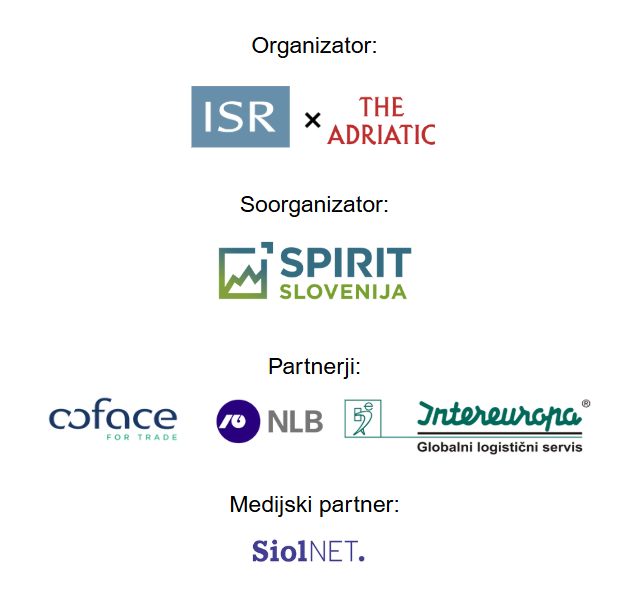
Ukraine's Recovery: From Standing Strong to Moving Forward
Institute for Strategic Solutions (ISR), in collaboration with SPIRIT Slovenia Business Development Agency, the Ministry of Economy, Tourism, and Sport, and the Embassy of Ukraine, invites you to join us at the upcoming business forum, where we will explore opportunities for Slovenian businesses to participate in Ukraine’s reconstruction projects.
The business forum will take place on Friday, March 28, 2025, at 9:30 AM in Nordic Center in Planica.
The reconstruction of Ukraine will require an unprecedented synergy between governments and the private sector. While Ukraine continues its unwavering resistance, the groundwork for post-war recovery is already being laid. With the support of the European Union and other international partners, concrete plans are taking shape. The Ukrainian government has introduced extensive reforms to streamline procedures and ensure the efficient allocation of reconstruction funds, creating a business-friendly environment poised for investment. As Ukraine moves toward EU accession, the European Commission has announced a comprehensive package of support measures, including risk mitigation guarantees, grants, and technical assistance, which will play a crucial role in shaping the country’s post-war economy.
The conference will feature discussions with esteemed experts from both Slovenia and Ukraine, providing valuable insights and perspectives on future cooperation.
The event will be held in English.
Online registration is open until Tuesday, March 25, 2025, or until all available spots are filled.
Registrations are OPEN!
Add event to your calendar.
PROGRAM
9:30 – 9:45
Opening speeches
- Tamara Zajec Balažič, acting director, SPIRIT Slovenia Business Development Agency
- Tine Kračun, CEO, ISR
- Tanja Fajon, Deputy PM and Minister of Foreign and European Affairs of the Republic of Slovenia
- Yulia Svyrydenko, the First Vice Prime Minister, Minister of Economy of Ukraine (online)
10:15 – 11:15
1st Panel: What You need to Know
The Legal and Business Landscape
- Gašper Jež, Head of Project and Export Financing, SID bank
- Simon Savšek, Head of Representation of the European Investment Bank Group
- Miha Polak, Assistant Director, EBRD
Managing Risk: Finding the right partner
- Dr Ruth Wiseman, Deputy Director and Head of Department for North and Central Europe in the UK’s Foreign, Commonwealth & Development Office
- Tomaž Mencin, Ambassador for Reconstruction of Ukraine, Ministry of Foreign and European Affairs
- Vira Savchenko, CEO, BDO in Ukraine
- Didkivskyi Viacheslav, Deputy Head, Agency for recovery and infrastructure development of Ukraine
11:15 – 12:00
2nd Panel: Round table: Where to start?
- Miha Prebil, CEO, Rem-power
- Andrej Tisnikar, Project Manager, Bijol
- Lukianenko Yevhenii, director, Kharkiv regional agency of Ukraine
- prof. dr. Tomaž Rodič, CEO, Space-SI, Centre of Excellence for Space, Sciences and Technologies
- Space Agency of Ukraine (online)
12:00 – 13:00
NETWORKING & OPPORTUNITY FOR PERSONAL CONSULTING FROM A TO Z.
13:00
Lunch – standing buffet

